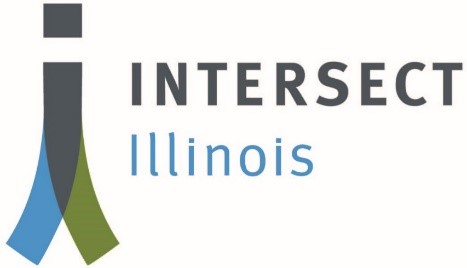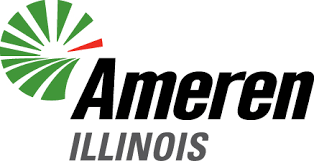On Tuesday, the Joint Committee on Administrative Rules approved a new IDPH mask rule, supported by Governor Pritzker that could impose fines up to $2,500 for “rogue” businesses failing to mandate facial coverings and social distancing. Enforcement will differ statewide, as local prosecutors will be the ones deciding whether or not to pursue fines. The rule also establishes a warning process, where businesses are first given warning from local public health or law enforcement officials as well as a separate citation for non-compliance before fines are imposed. IDPH stated that the expectation of this rule is not to achieve 100% compliance, but rather to compel businesses to make efforts such as signage, requiring masks and social distancing, and if possible, providing masks and asking uncompliant customers to leave. The rule also protects businesses from being held liable for the actions of uncompliant customers; as long as they are taking “reasonable measures”, they will not be fined.
Tuesday’s JCAR meeting also saw the approval of the Department of Commerce and Economic Opportunity’s rules governing the Local CURE program, which was authorized in May’s state budget. The $250 million program will distribute funds to cities, counties, and other units of government to cover expenses such as COVID-19 testing, emergency medical expenses, payroll expenses for public safety, and other expenses that are necessary for responding to the public health emergency. Last month, the Illinois Municipal League raised concerns about the inability to use these funds to support local businesses adversely impacted by the pandemic, something the federal government allows but the state’s rules don’t. In response to the concerns, DCEO said they would make an initial $15 million in separate funding available for local businesses, potentially rising to $30M. Additionally, the Business Interruption Grant Program (BIG), was established to distribute over $600 million in funding to businesses across the state. Governor Pritzker announced the first round of BIG grants, totaling $46 million, have been awarded to over 2,600 businesses in 78 of Illinois’ 102 counties. Priority for these grants was given to businesses that did not qualify for federal funding through the Paycheck Protection Program. DCEO stated another key focus of the program is equity, with half of first-round grants going to minority-owned businesses and more than $24 million being awarded to those areas disproportionally affected by COVID-19. Upcoming rounds of funding will target sectors that may not return to normal for many months, such as entertainment and the performing arts, as well as childcare services.






